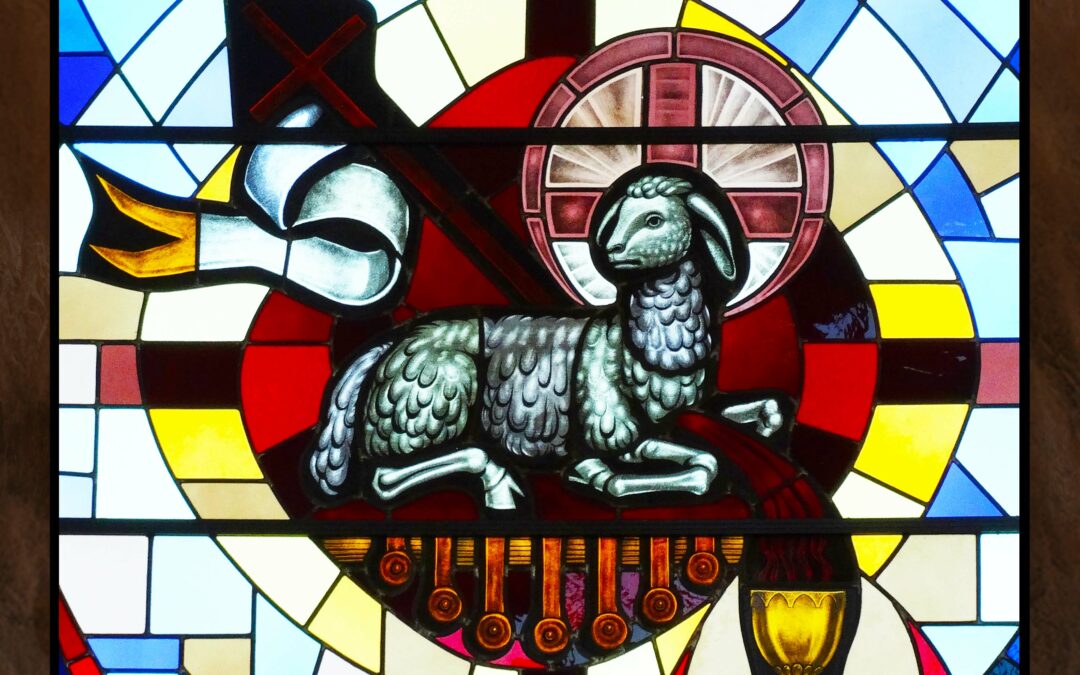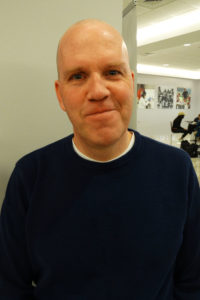By Brother Brian Boyle, C.PP.S.
I was walking down a street in Des Moines, Iowa, my home for 2 years in the 90’s. A gentlemen on the corner asked for a dollar. What’s a dollar? He needed it more than I do. I gave it to him. He said, “I will have this back to you next week.” I waved at him and went on my way. I fully did not expect to get the dollar back. It was no big deal at all. Sure enough, a week later the gentleman appeared on the corner and returned the donated dollar to me. He said, “I bet you thought that you weren’t getting this back.”
The three readings and specifically the Gospel ask us to give without expectation of receiving and put ourselves at risk without hope of protection. If you are reading this, you most likely are a C.PP.S. Companion, priest, brother, sister or Amici. Chances are, you have been giving time, talent and resources to others without expectation of getting anything in return. That’s part of the difference between having a job and doing ministry. The difficulty in hearing this week’s Gospel is, “To the person who strikes you on one cheek offer the other one as well.” I am not a pacifist. I believe in a human right to protect myself and my loved ones from another’s harm. These two principles of being totally self-giving and the right to protect myself comes in conflict with each other.
The first two readings help explain the meaning of the Gospel. In the first reading, David spares Saul when Saul is the most compromised. David cannot kill Saul because he sees Saul as the “Lord’s anointed.” In modern terms, David sees Saul as fully human, deserving of God’s love as much as David is. David sees himself in Saul. Even though they are enemies, and their armies will continue to fight, David sees this opportunity as ill-timed. It is also possible that David may have been seen as a coward if he killed Saul while Saul was sleeping. Saul and David lived in a higher honor-shame culture than we do. There may have been a proper versus improper way to kill your nemesis. David steals Saul’s spear and uses that against him in coming passages.
In Paul’s letter to the Corinthians, it might sound like Paul is advocating for a zombie apocalypse. I want to assure you that he is not. For Paul, it is not the resurrection of decayed corpses, but the transformation of one’s very self that rises above the power of sin. For Paul, sin is a superpower that has dominion over all humans. Lovers quarrel, kids get into fistfights, gangs rumble, and armies fight wars against each other. Paul saw beyond life’s Hatfields and McCoys and advocates that it is the superpower of sin that divides us as one human against each other.
Turning the other cheek might feel as if I am allowing myself to be stripped of dignity. It feels as if I am allowing my own humanity to be violated if I allow someone to harm me. To offer the other cheek would be to allow others to walk over me and encourage a culture of violent intimidation over my loved ones and other people in general. Why would I allow this? It would be more honorable to accept death than allow someone to hurt my loved ones. This is a difficult passage to accept. What Paul and 1st Samuel offer to this week’s Gospel is to help us see the other’s humanity, that the other is deserving of God’s love. It is to see past their violence and see the superpower of sin in which they are entrapped. To offer the other cheek is to call for their conversion from sin. It is consistent with Paul’s vision of looking past the sin that divides people against each other and fight sin together. Easier said than done.
To view the full scripture reading, click here.
Brother Brian Boyle, C.PP.S., is a hospital chaplain in Northwest Indiana. He is also the associate director of Companions (lay associates) of the Missionaries of the Precious Blood.


